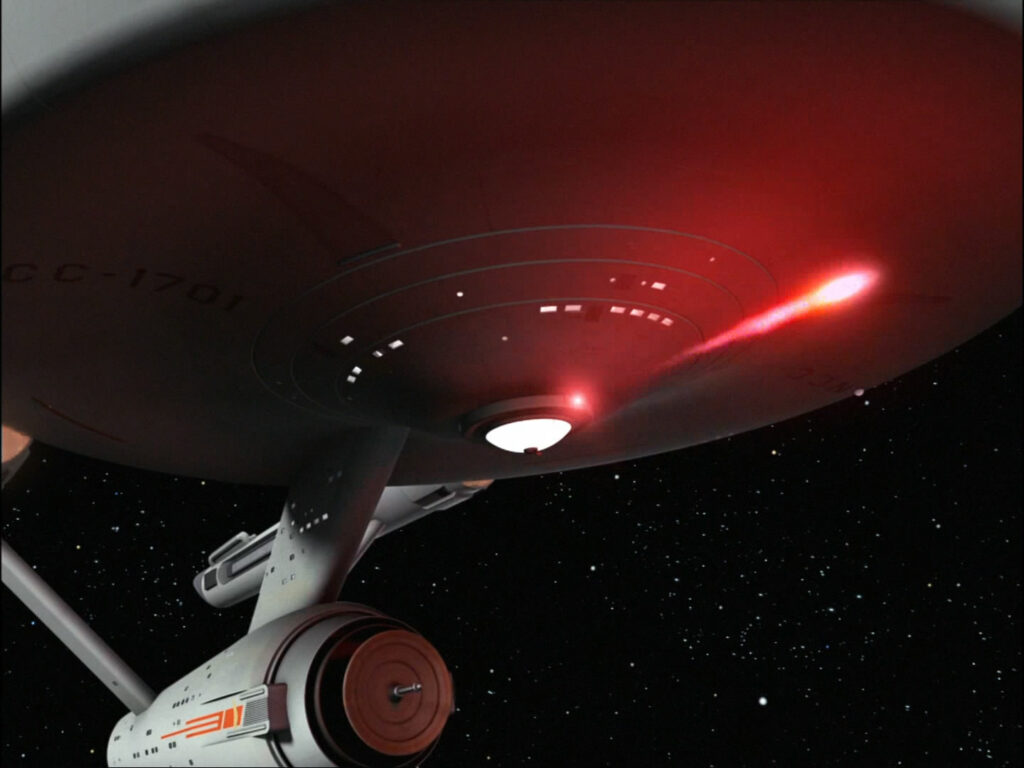Time dilation is a fun thing! We all experience it: astronauts that have spent decent periods of time in space are entire nanoseconds older than their cousins who live down at the bottom of Earth’s gravity well. In fact, adjustments are constantly made to the clocks aboard GPS satellites, so that they match Earth time – otherwise, they would start gaining time at a rate of roughly 38 microseconds per day, which is a big problem over the course of several weeks!
But despite all that, a lot of people don’t really understand it. It’s easy to see why, since it’s a part of General and Special Relativity, which are some of the scariest subjects in known science. I think that’s a real shame, though, because this is absolutely the more interesting end of science, and some of the best sci-fi touches on the subject: most infamously, in the Stargate SG-1 episode A Matter of Time, which starts with watching an SG team running for the Gate in slow motion, in sheer terror of the sudden black hole they’ve found in orbit of their planet. It’s a bit of a downer, too: we stop the Earth from being sucked into a Stargate-turned-black hole, but that SG team is still trapped on the edge of the black hole, for what looks like billions of years from our perspective.
It’s alright, though. They’ll probably be dead in a few weeks from their perspective. Maybe less, if they’re lucky! And that’s without taking into account the novels by Sally Malcolm, A Matter of Honour and The Cost of Honour, wherein SG-1 comes across a technology that allows them to rescue SG-10.
There are two potential reasons that you might experience noticable time dilation: becoming really good friends with a black hole, and trying to beat a beam of light in a race. As of the writing of this post, 31st of March 2023, I’ve only included a basic version of the light speed time dilation calculator, because… I’m lazy. Seriously, it took me half an hour to get the speed time dilation caclulator working, and gravitational time dilation has a fascinatingly complex equation that also makes my poor, ADHD-addled brain want to explode.
So, as we can see here, the effects of time dilation are actually kind of weak at lower speeds! It only really starts to kick your ass at speeds above 40% light, which is really fast. Faster than anybody could ever hope to go in their lifetime without some serious hacks. By the standards of the size of the universe, even light speed is agonisingly slow, but by our standards, and the standards of most objects in the known universe, 40% of light speed is just… okay, let’s put it like this: it’s faster than you can possibly imagine, and probably faster than any human being could perceive. It’s so fast that in the time it takes you to get from here in this sentence… all the way to the full stop at the end, somebody travelling at 40% of light speed will have hurtled away from the Earth and gone screaming past the Moon, maybe giving it a wave in the picosecond they’re nearby.
This leads me to the conclusion that the universe is just too damn big. Oh well!

